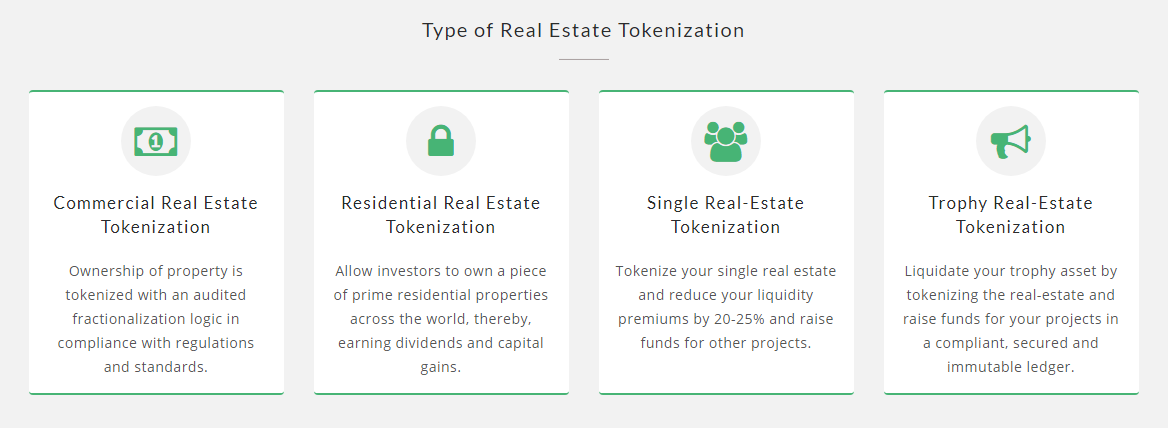Understanding The Different Types Of Tokenization
In 2019, almost anything can be tokenized using blockchain technology. Tokenization refers to the process of converting the ownership of real-world assets into digital tokens. It helps to optimize the process of liquidating large and expensive assets by fragmenting ownership. Moreover, by breaking down an asset into smaller units digitally, it helps improve trading and can be marketed to investors all around the globe. Finally, it simplifies the process of record-keeping and documentation thereby allowing buyers and sellers to track transactions efficiently.
Today, there exist five major types of tokenization practices. They have been listed and briefly explained below:
Initial Coin Offering or ICO is a blockchain-based medium that enables entrepreneurs to easily raise funds for their projects. ICOs use blockchains to launch and distribute proprietary cryptocurrencies to investors.
This is an alternate fundraising mechanism where entrepreneurs pledge their tokens against tangible assets. This provides a much secure investment medium and protects the interests of the investors.
This category of tokens is backed against real-world commodities such as bullion, metal, agricultural products and more. These tokens optimize the trade of these physical goods as its easier to process them digitally.
As the name suggests, real estate tokenization involves the digitization of properties. This enables owners and agents to sell properties faster by fragmenting large assets into smaller, reasonably priced tokens.
Once an exclusive and traditional market limited to only the affluent, blockchain has thrown open the doors of the art industry to the masses. Today, through tokenization, art enthusiasts and investors are able to “purchase” ownership rights to multiple artworks and also create art portfolios.
Apart from optimizing trade and improving liquidity, tokens have many more advantages. For a start, it is easier to configure compliance with different regulations. Next, by using smart contracts, users can automate various processes such as transactions and transfers without any hassles. Tokenization also removes the need for relying on intermediaries and creates a trustless network. Finally, this method is cost-effective and emphasizes on the easy mobility of goods or services.
Launching a token service is not a problem anymore. Blockchain App Factory is a leading tokenization platform development company. They have unmatched experience in this domain, and their large team of experts can launch customizable and scalable solutions in no time. All of their solutions are white-labeled, feature-rich and posses the latest security protocols.



Comments
Post a Comment